Enter a surname, town name or other keyword to search the database. Remember to
allow for the different spellings of 'Mc' and 'Mac.' Good luck!
{Search tips: Use single word search terms for more results}
You must enter some valid character(s) into the search field
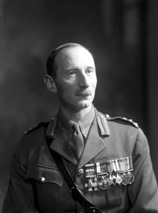
Reference: 43283h
Brigadier Eneas Grant, born 1...
|
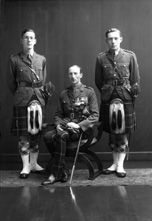
Reference: 43283c
Brigadier Eneas Grant, born 19...
|
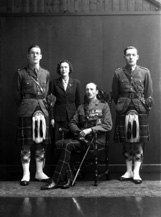
Reference: 43283b
Brigadier Eneas Grant, born 19...
|
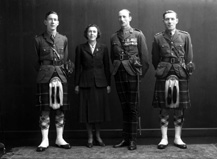
Reference: 43283a
Brigadier Eneas Grant, born 19...
|
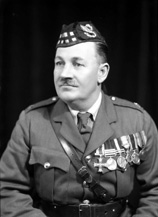
Reference: 28033a
Major Donald Munro MC (1880-19...
|
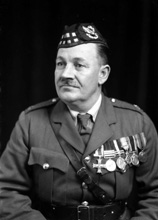
Reference: 28033b
Major Donald Munro MC (1880-19...
|
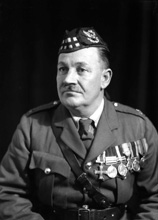
Reference: 28033c
Major Donald Munro MC (1880-19...
|

Reference: 4235d
Central Computer Services Ltd,...
|

Reference: 4235e
Central Computer Services Ltd,...
|

Reference: 4235f
Central Computer Services Ltd,...
|

Reference: 4235g
Central Computer Services Ltd,...
|

Reference: 4235b
Central Computer Services Ltd,...
|